
One expert explains how a break in TKI treatment could alleviate some toxicities, such as rash, for patients with non-small cell lung cancer.

One expert explains how a break in TKI treatment could alleviate some toxicities, such as rash, for patients with non-small cell lung cancer.

Four newly inducted members represent the lived experience of lung cancer, advocacy, health equity, and business leadership.
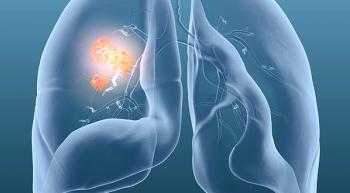
Alecensa was shown to reduce the risk of disease recurrence or death by 76% versus chemotherapy for patients with ALK-positive non-small cell lung cancer.
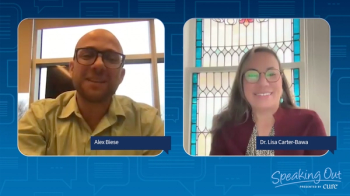
As part of its Speaking Out video series, CURE® spoke with Lisa Carter-Bawa of Hackensack Meridian Health about the role nurses play in helping patients manage treatment side effects.
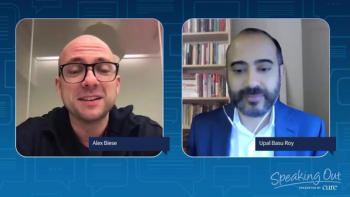
As part of its Speaking Out video series, CURE® spoke with Upal Basu Roy of LUNGevity about recently approved treatments for lung cancer and what is on the horizon.
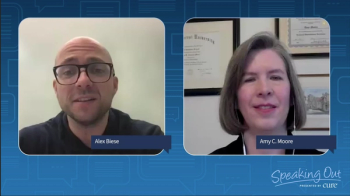
As part of its Speaking Out video series, CURE® spoke with Amy C. Moore of LUNGevity about the chemotherapy shortage and its impact on patients with lung cancer.
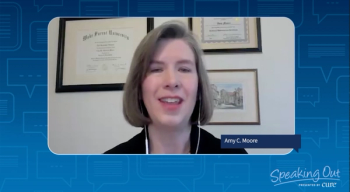
As part of its Speaking Out video series, CURE® spoke with Amy C. Moore of Lungevity about advancements in treatments for small cell lung cancer.
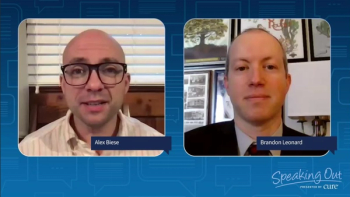
As part of its Speaking Out video series, CURE® spoke with Brandon Leonard of the LUNGevity Foundation about the role legislation can play in a patient’s cancer journey.
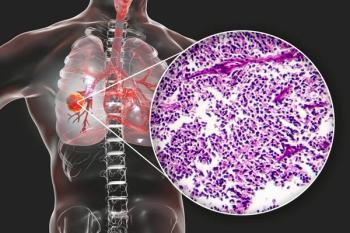
Patients with small cell lung cancer have reasons to be optimistic these days, as one expert explains to CURE.
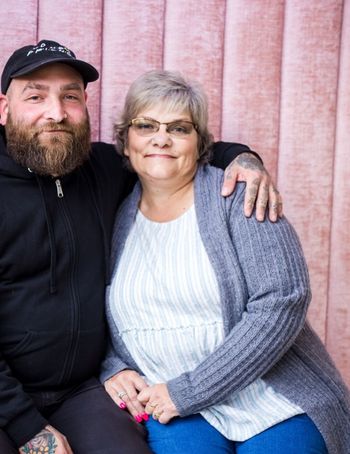
Managing side effects from lung cancer treatment with dose reductions is an approach experts have been using more, even though some patients voice concerns about lowering a drug’s impact on the disease.

Patients who are part of an advocacy group may be better equipped to understand biomarker testing during a lung cancer diagnosis and feel more empowered.

The FDA’s recent approval of Opdivo plus chemotherapy may be beneficial for some patients with non-small cell lung cancer, further highlighting the need for multidisciplinary care.

Patients with lung cancer whose symptoms were managed by automated alerts to their care team through an electronic system after surgery had fewer post-surgical complications than patients who received standard care.
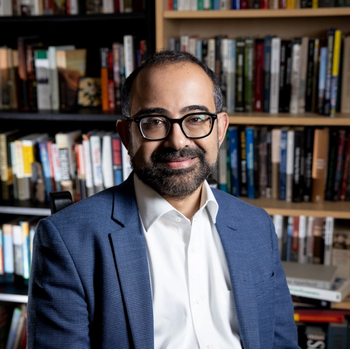
Upal Basu Roy has a true gift of being able to think from his heart. He educates the patient community, helps patients navigate the fragmented system, fights for drug access issues in other countries, addresses disparities and supports patient-driven initiatives in research and advocacy.

Medical experts and people living with lung cancer share the importance of early detection of lung cancer to ensure optimal patient outcomes.

The first of six innovative, specialized patient resources, the KRAS gateway allows patients to easily access KRAS-specific information and connect to community.

The impact from 9/11 continues to this day, including the increased risk for cancer in first responders and survivors who inhaled the toxins contained in the air around ground zero.
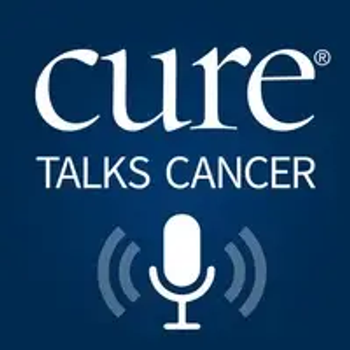
Soon after the 9/11 terrorist attacks, Judy Meyers returned to work in Manhattan, despite the terrible air quality. Years later, she was diagnosed with lung cancer, which is directly related to being in New York City in the aftermath of the destruction of the Twin Towers.
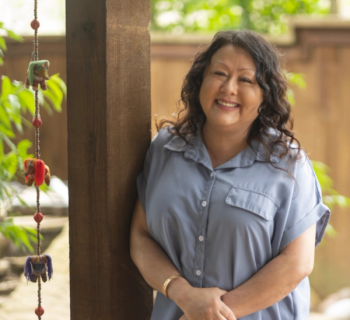
A patient with small cell lung cancer nominates writes about the woman who connected her to others with the same diagnosis.
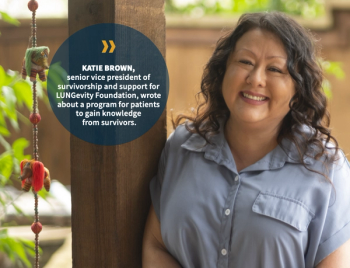
Katie Brown, senior vice president of survivorship and support for LUNGevity Foundation, wrote about a program for patients to gain knowledge from survivors.
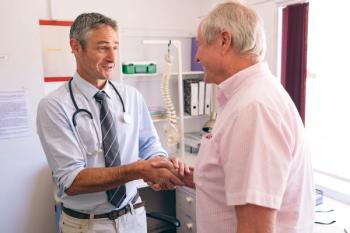
As part of its “Speaking Out” video series, CURE® spoke with Katie Brown from LUNGevity about challenges that have arisen from the COVID-19 pandemic — including delays in screening — and resources to help patients through these trying times.
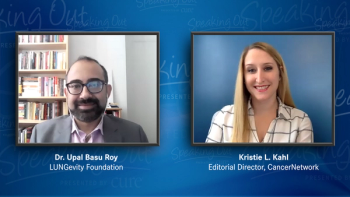
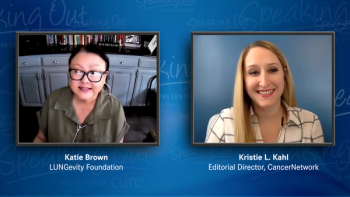



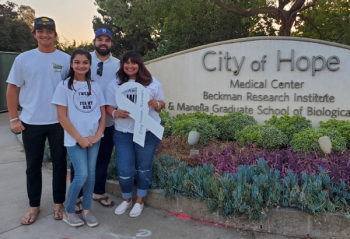
A young mother and athlete discusses receiving a shocking diagnosis of stage 4 lung cancer and her incredible response to treatment with a single, targeted drug.

A survey conducted by the LUNGevity Foundation determined that 96% of patients with lung cancer felt that they were concerned about the COVID-19 pandemic affecting their treatment.
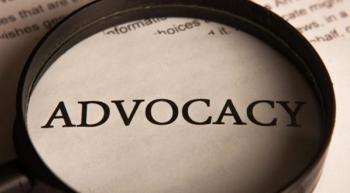
Patient Advocacy Summit brings together advocacy organizations and other key stakeholders to share ideas about how to improve survivors’ quality of life.

Does sugar cause cancer? Does sugar feed cancer?